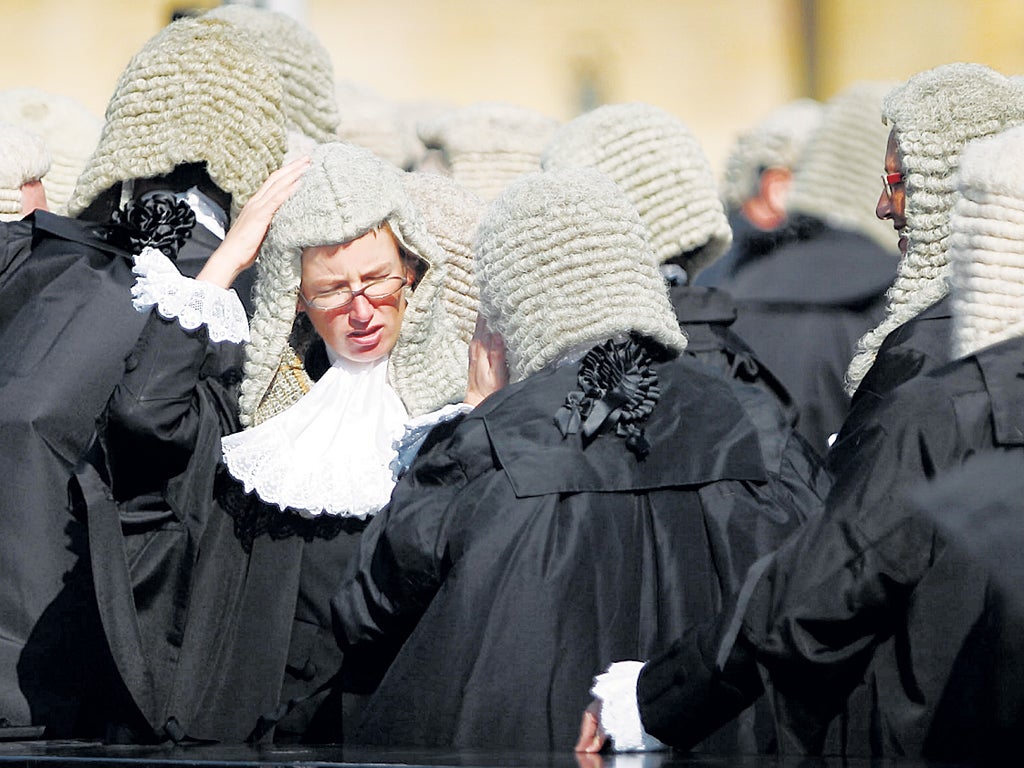UK's open justice threatened by secret courts

Secret justice looks set to be a regular feature of British courts and tribunals when the intelligence services want to protect their sources of information.
Civil courts, immigration panels and even coroner's inquests would go into secret session if the Government rules that hearing evidence in public could be a threat to national security. The proposals, which run counter to a centuries-old British tradition of open justice, were introduced to a sparsely attended House of Commons yesterday by the Justice Secretary, Ken Clarke – and met almost no opposition.
The planned changes to the British justice system follow lobbying of the Government by the CIA.
Civil rights groups warned a serious potential threat to individual liberty lurked behind the all-party consensus.
If Mr Clarke's proposals are agreed, the power of the courts to order the intelligence services to disclose sensitive material will be curtailed.
The Government is also planning to pass a law giving itself much more latitude to use what are called "closed material proceedings" in civil court cases and immigration tribunals, meaning the people at the centre of such cases would not be allowed to hear any evidence that MI5 or MI6 did not want them to hear.
The material would, however, be examined by special advocates with security clearance.
There is also the prospect of grieving relatives being security vetted before they are allowed into inquests in cases which might involve sensitive material, such as the death of a terrorist suspect. If they refuse to be vetted, they would be barred.
Join our commenting forum
Join thought-provoking conversations, follow other Independent readers and see their replies
Comments
Bookmark popover
Removed from bookmarks